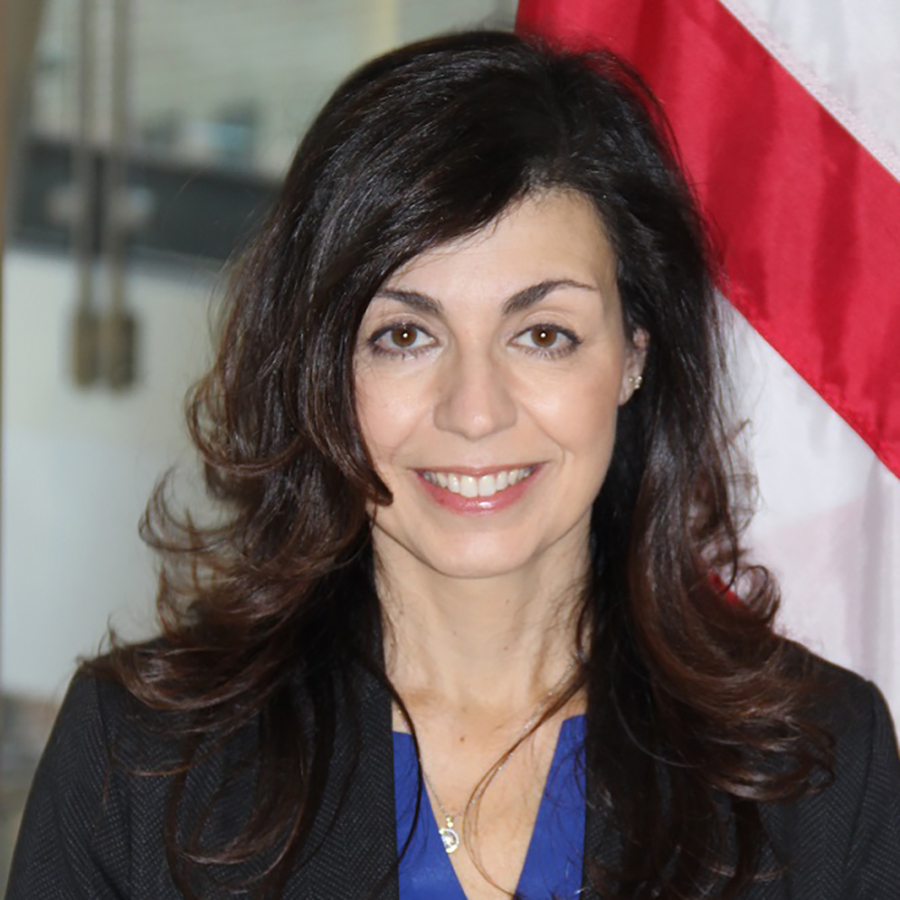Our Door Is Open: FDA Puts Patients First
By: Andrea C. Furia-Helms, M.P.H., Director of Patient Affairs Staff, Office of Medical Products and Tobacco; and Samir Shaikh, M.B.A., Deputy Director of Patient Affairs Staff, Office of Medical Products and Tobacco
We believe patients are experts when it comes to their health conditions. Ultimately, they’re the ones who can share aspects of their diseases that even our most qualified doctors and scientists couldn’t possibly know. This valuable patient input is a critical part of our understanding of diseases and conditions that may help us to advance medical product development.
For this reason, patients are at the forefront of everything we do. Supporting and understanding the patient experience and incorporating patient feedback into our work is an agency-wide priority. More and more, we are integrating patient perspectives throughout the lifecycle of product development and regulation.
A year ago this month, the FDA established the Patient Affairs Staff in the Office of the Commissioner to build on and further improve our 30+ years of engagement with patient communities. Our role is sometimes described as being an advocate for the advocates. Our purpose is to widen the entryway to the FDA for patients and their caregivers, which includes providing several ways for them to sit down with reviewers and inform the work we do.
Building and Fostering Relationships
The Patient Affairs Staff helps to humanize the agency for patients, advocating and serving as a point of engagement for those who may find the prospect of navigating a regulatory agency, and understanding how it works, overwhelming. We provide a clear and visible starting point — an open door — and a clear path forward.
Additionally, the Patient Affairs Staff works with patients and caregivers to create and assist with public and private collaborations and partnerships, including advocacy organizations, to discuss regulatory topics of interest.
We work closely with the FDA Centers to include the patient’s voice and provide leadership for programs and activities that cut across the agency to leverage best practices and enhance patient engagements.
We also are cognizant of the fact that many patients may not be aware of the work we do on their behalf or the participatory role they can play in our work. This makes it critical to expand public awareness and help patients, caregivers, and their advocates understand how to navigate the FDA and the regulatory review process.
Learning Through Listening
Over time, the FDA has developed forums to ensure patient and advocate perspectives are heard. Most recently, in partnership with the National Organization for Rare Disorders (NORD), we have been conducting listening sessions to learn more about rare diseases from patients, caregivers and advocates. We invite them to talk openly with the FDA review staff about living day-to-day with a rare disease or condition, giving us insight into their experiences. Listening sessions can be requested by the patient community and by the FDA staff, and focus on topics of interest agency-wide.
For instance, employees from across the agency have the opportunity to ask questions concerning diseases about which little is generally known and effective treatments are few or absent. This experience provides a unique opportunity for the FDA to gain insight to patients’ perspectives on the burdens of a disease and its current treatments, as well as its impact on the patients’ and caregivers’ daily activities and quality of life.
We continue to assess how our meetings may also inform regulatory decision making. Our plan is to incorporate learnings and feedback from participants to improve these sessions, with the goal of extending the patient listening sessions to disease areas beyond rare diseases.
Improving Patient Education, Outreach and Access to the FDA
Visit our “Patients Matter” video series web page.
We also have completed a formal assessment of the FDA’s “For Patients” webpage and are incorporating feedback received, making it more patient-friendly, easier to navigate, and an up-to-date source of information for patients and caregivers.
We are creating resources to help patients, caregivers, advocates and health professionals to connect with the FDA, making it easier for them to ask questions or request meetings about the FDA’s patient engagement, as well as to ask general questions about our regulatory processes.
The Future of Patient Engagement: What’s Ahead?
As we continue to advance our patient engagement efforts, it is important that an ongoing forum exists to discuss how to achieve more meaningful patient engagement in medical product development and other regulatory discussions.
In partnership with the Clinical Trials Transformation Initiative, which seeks to increase the quality and efficiency of clinical trials, we recently convened the Patient Engagement Collaborative, comprised of patient organizations and individual representatives, to discuss topics focusing on enhancing patient engagement in medical product development and regulatory discussions at the FDA.
This effort is facilitated by provisions in both the 21st Century Cures Act of 2016 and the Food and Drug Administration Reauthorization Act of 2017. Both provisions aim to foster patient participation and incorporate patient experiences in the regulatory process.
As we move forward, we are energized by the relationships we’ve cultivated and the progress we are making. As patient populations and their needs evolve and become increasingly complex, we want patients and those who advocate on their behalf to know that our door is open. While our work will always be rooted in science, involving patients in identifying health priorities and outcomes is just as important.
As FDA Commissioner Scott Gottlieb, M.D. often advises when addressing patients, ‘approach the agency.’ Our door is open. We want to hear how you are experiencing diseases and how diseases are impacting you every day. We want to learn from you.


